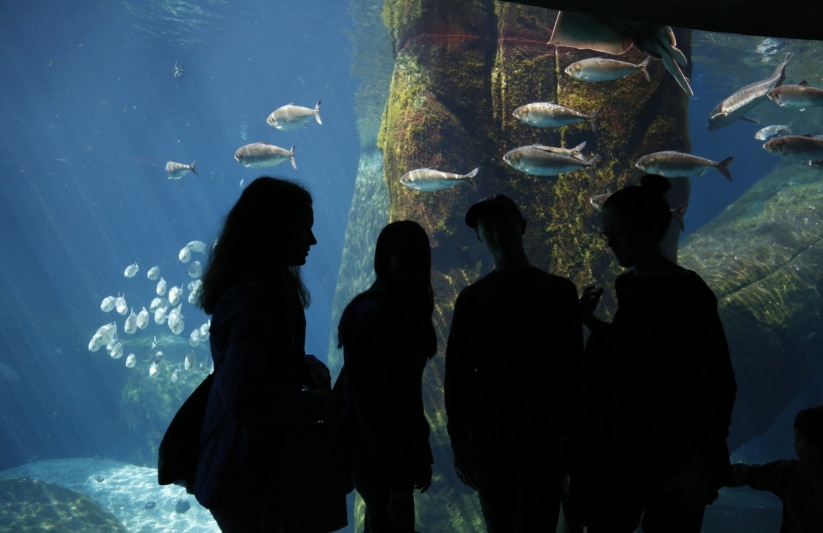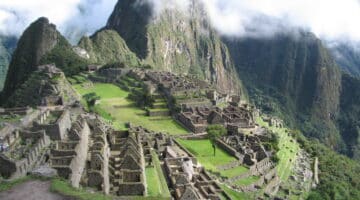Online Educational STEM Resources

It may be difficult (and unsafe!) for your students to conduct most lab experiments from home, but there are still plenty of interactive ways to continue your STEM curriculums remotely – and through a global lens! Encourage students to delve deeper into relevant world topics such as climate change, genetic testing and much more with these suggested online resources.
General Sciences
Keep students engaged in their biology or chemistry studies with these engaging resources that will challenge critical thinking skills.
Lesson Plans
- Discovery Educator Network has started producing daily science learning activities including Tech Tuesday, Wellness Wednesday and Try-It Thursday. After exploring these, embark on virtual field trips to meet polar bears in Manitoba, tech experts in Silicon Valley, and more.
- Our ACIS Human Genome Sequencing lesson plan asks students to address the ethical concerns surrounding the release of gene data from specific cultures and individuals.
Additional Resources
- Citizen Science SciStarter Projects invite everyone to become scientific researchers. Participate in data collection in your own community to help address both local and global problems.
- Use Biology Simulations to practice data analyses skills through guided virtual labs.
- Try Collisions for to gain a visual understanding of common Chemistry concepts.
- Check out science-themed games and interactives from Centre of the Cell, a favorite stop on our London STEM itinerary.
Earth and Environmental Sciences
Taking care of our planet is a global responsibility. These resources will help students better understand natural processes as well as the impacts humans have on them.
Lesson Plans
- Our ACIS Invasive Species lesson plan asks students to assess invasive species that threaten the ecosystems and native species of foreign regions.
- National Geographic offers a handful of lesson plans that bridge science and global issues. Try The World Ocean to understand the interconnectedness of our oceans and our physical and human systems. Down to the Last Drop shows the impact of human activities on our planet’s limited water resources.
- PBS presents the Development of a Habitable Planet lesson plan, which asks students to consider planet formation and factors necessary for life.
Additional Resources
- Learn about volcanism and geohazards, specifically focused on the volcanoes of Iceland and New Zealand, and then take these quizzes to test what you’ve learned.
- Ocean lovers can learn more about global and local conservation efforts and their favorite sea species through articles and videos at Smithsonian Ocean.
Space, Technology and Engineering
In today’s world, understanding technology is more important than ever. These resources will help students explore career opportunities and get ahead of the game.
Lesson Plans
- Launchpad video segments by NASA are designed for high school students to explore different concepts in math and science, and suggested activities accompany each topic.
- Coding is an incredibly useful skill to learn, and Khan Academy can walk you through each step.
Additional Resources
- Check out TryEngineering to explore the engineering field through games, articles and more.
- Try your hand at problems sets from the NASA Jet Propulsion Laboratory.
- Put your newfound programming skills to use with CodeCombat games.










